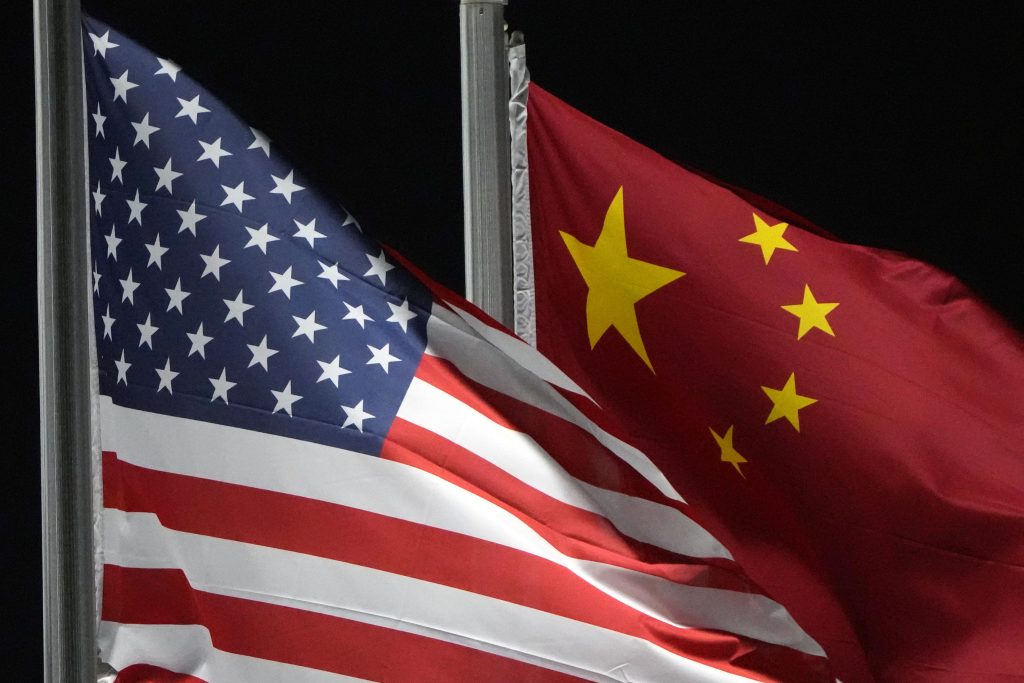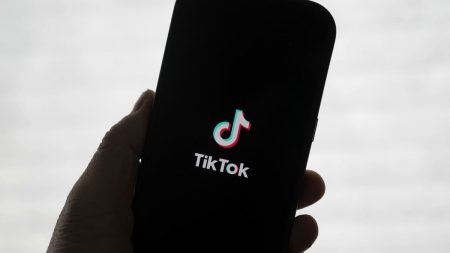Recent reports have emerged indicating that a Chinese hacking group has breached the systems of at least eight U.S. telecom companies, leading to potential access to private communications of a considerable number of Americans. This alarming revelation was disclosed by Anne Neuberger, the Deputy National Security Adviser, who provided insights into the scope of the cyber espionage operation. Neuberger stated that the breaches allowed unauthorized access to text messages and phone calls, including those belonging to senior government officials and prominent political figures. However, she reassured that no classified communications were believed to have been compromised in this incursion. This update came on the heels of new cybersecurity guidance released by federal agencies, including the FBI and the Cybersecurity and Infrastructure Security Agency (CISA), aimed at identifying and thwarting such hacking attempts in the future.
The White House has recognized the gravity of the situation, with President Joe Biden being briefed and emphasizing the importance of a thorough investigation into the breaches. Neuberger’s comments underline the Biden administration’s commitment to cybersecurity, indicating a proactive approach to understand the full extent of the intrusion and to implement measures that will prevent further attacks. The officials expressed concern that the number of affected telecommunications companies and possibly targeted countries could continue to grow, underscoring the pervasive nature of the threat posed by these cyber actors. The breadth of the hacking campaign has raised significant alarms about the security posture of critical communication infrastructures in the United States.
In contrast, the Chinese government has denied any involvement in the hacking incidents, with a spokesperson from the Chinese embassy in Washington asserting that accusations connecting Beijing to the operation are unfounded. The spokesperson, Liu Pengyu, called upon the U.S. to focus on its own cybersecurity practices rather than deflecting blame onto China. The timing of this denial coincides with revelations that hackers with ties to China had previously targeted key political individuals during the 2020 presidential campaign, including candidates Donald Trump and Kamala Harris. This history of targeted cyber activity raises questions about Beijing’s strategic objectives and its willingness to engage in cyber operations that could have ramifications for U.S. national security.
The U.S. government’s recent recommendations for telecommunications companies highlight critical technical measures that should be adopted to enhance cybersecurity protocols. Neuberger advised companies to focus on encryption, centralizing their systems, and implementing continuous monitoring to protect against further intrusions. Such measures are intended to mitigate the risks of similar operations like the ongoing one named “Salt Typhoon,” which has involved extensive cyber espionage aimed at sensitive communications. Experts suggest that if these recommended safeguards are properly executed, they could significantly hinder the operations of adversarial hacking groups, thereby protecting vital infrastructure and communications from compromise.
The context of these cybersecurity concerns is further informed by past incidents, such as the ransomware attack on Colonial Pipeline in May 2021, which revealed significant vulnerabilities within critical sectors of the U.S. economy. That incident, which disrupted fuel supplies along the Eastern Seaboard, has prompted a nationwide reevaluation of security standards across various industries, including energy, rail, and aviation sectors. The Colonial Pipeline attack led to the company paying $4.4 million in ransom to restore operations, illustrating the extent of disruption that cyberattacks can cause on national infrastructure. Neuberger’s remarks about mandatory cybersecurity practices echo the urgency of strengthening defenses in light of the increasingly sophisticated nature of cyber threats.
In conclusion, the breach affecting U.S. telecom companies is a sobering reminder of the persistent and complex nature of cyber espionage in today’s interconnected world. While the breach raises several security concerns, it also propels a national conversation about enforcing robust cybersecurity measures across all sectors. The Biden administration’s response, alongside expert recommendations for improvement and deterrence, signifies recognition of the challenges posed by state-sponsored cyber activities. As the geopolitical landscape continues to evolve, the focus on preventing future cyber intrusions will become increasingly critical in safeguarding national interests and maintaining the integrity of vital communications. Moving forward, both private companies and government entities need to work collaboratively to bolster defenses, share intelligence, and foster a culture of cybersecurity awareness to mitigate the risks posed by malicious hackers.










